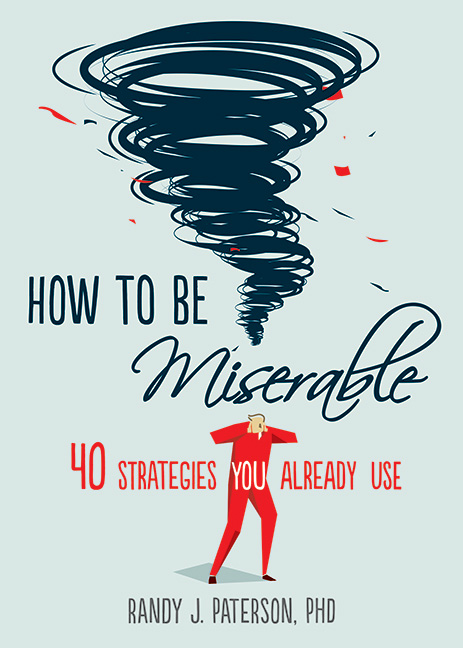Clients in their late teens and early twenties increasingly report a sense of paralysis brought about by not knowing their passions. Without such insight, they believe, it is difficult or impossible to move forward in their lives.
The blame for this seeming epidemic of passionlessness may lie, at least in part, at the doorstep of psychology. Aware of the deadening effect of devoting one’s life to callings that have no intrinsic interest for us, we have stressed the importance of identifying and following one’s own passions.
Sometimes the solution, the Pet Shop Boys sing in Twentieth Century, is worse than the problem.
As usual, we have oversimplified things. We have implied that a young person’s passions are out there in the world waiting to be discovered, like Pokémon characters in the latest game craze. Or worse, that passions will somehow come and knock on the person’s door, announcing themselves and demanding to be let in.
The result is that many young people are stuck waiting for the delivery of their life’s purpose, believing that until it arrives they cannot take action. Eventually they may seek therapy, believing that the failure of passion to spontaneously arise indicates either personal inadequacy or outright psychopathology.
Passions are created and cultivated, not discovered.
It is at this moment that effective clinicians can undo some of the damage. We can tell the truth: passions are created and cultivated, not discovered. The failure of the delivery van to arrive is not a sign that you need to wait longer. It isn’t coming.
The problem is that we are looking for fully-grown fascinations when what we really want are seeds. We can work with clients to relinquish the search for passion and hunt, instead, for vague interests.
Talk to a succession of passionate folks about the development of their obsessions. Relatively seldom do we hear about the stroke of lightning that set them irrevocably on their path.
Instead, they tinkered with a chemistry set, or built plastic models, or went hiking with their families, or watched election returns on television, or acted in a school play, or visited the water reservoir for their town. No burning desire, just a vague interest—like a tiny match flame. But to this was added the kindling of further investigation, and the interest grew. At the point when we see them at the Oscars or the Nobel ceremony they may look passionate, but they rarely started out that way.
In our interactions with directionless youth we can empathize with the desire for a sudden burst of intense enthusiasm for a topic or cause. We can normalize the fact that this has not happened with them, and mourn the dream. Then we can gently redirect their attention to the more mundane task of cataloguing vague interests, and how these might be pursued in a way that will either kindle or extinguish them.
And the next time we speak with someone in the education system, we can try to dig out the intrusive and toxic idea that our life’s passion will come knocking when the time is right.
 Randy Paterson, PhD, is director of Changeways Clinic, a private psychology practice in Vancouver, BC, Canada. He is author of How to Be Miserable: 40 Strategies You Already Use.
Randy Paterson, PhD, is director of Changeways Clinic, a private psychology practice in Vancouver, BC, Canada. He is author of How to Be Miserable: 40 Strategies You Already Use.
Want more tools on mental health and wellness? Sign up for our mailing list.


 Part 2: What to Do When a Client Is Participating in Self-Judgment?
Part 2: What to Do When a Client Is Participating in Self-Judgment?